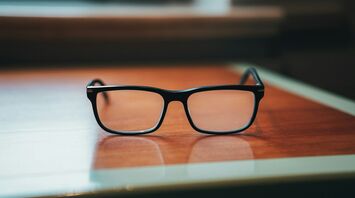New Threats for Travelers: The Use of Smart Glasses for Facial Recognition

Recent developments in facial recognition technology have raised concerns about the safety of personal data in public spaces. Two Harvard University students have devised a way to use Meta Ray-Ban glasses to identify random passersby on the street. A simple facial scan provides access to information, including names, addresses, and phone numbers.
Technological Capabilities and Risks
These glasses, combined with internet resources and artificial intelligence, can easily extract information from various databases. Even if a person hasn’t made their data publicly available, numerous data breaches in recent years have made personal information accessible in many databases. This raises serious concerns about the misuse of such technology in unsafe hands.
Many experts are calling for stricter regulations in the field of virtual and augmented reality technologies. Meta has already condemned this experiment, stating that the students violated the terms of service for their product. However, this incident only highlights the need for clear rules on the use of such devices, especially as technology continues to evolve.
Potential Consequences for Travelers
For tourists, this threat is becoming increasingly relevant. While modern technologies make the world more convenient, they also open new avenues for misuse. Travelers, especially in large cities, must be more cautious, understanding that their personal data can be easily accessed and used without their consent. Governments and companies are already discussing the introduction of new regulations to protect personal information in public spaces.



















